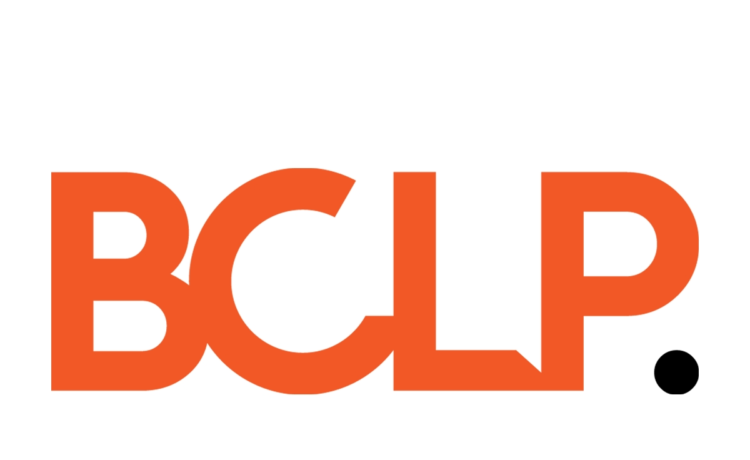SUMMARY
While the British media is currently focussed on a small number of large-cap companies, formerly listed in London, choosing to move their listings to New York, there is another story which is not so well publicised.
Many small and mid-cap US companies have been attracted to UK markets and have carried out successful IPOs in London. Since 2017, 91 companies from the Americas have joined the LSE, compared to only 23 companies going the other way.
US businesses have particularly been drawn to AIM, LSE’s growth market, which is a well-established and highly-respected market for growth companies.
Why IPO in London?
The London Stock Exchange is the largest market for equity capital raising outside of the US and Greater China. There are more companies on the London Stock Exchange than are listed in Frankfurt, Paris and Amsterdam combined.
The LSE is a highly international market and provides access to a deep and diverse pool of capital. There is approximately $446bn of assets under management dedicated to investment in London-listed equities, being the largest pool of dedicated capital in Europe.
London is particularly welcoming to small and mid-cap companies, as many of the funds that invest in equities focus on companies of this size, and there is considerable market infrastructure and an adviser community built around this ecosystem.
UK investors also have a much broader sector focus than those in the US. In 2021-2022, capital-raising for sub $1bn market cap companies in the UK was broadly distributed among sectors, while in the US fundraising was highly concentrated in the Financials and Healthcare sectors, making up 91% of total capital raised.
There are other potential benefits of a London IPO. An important difference between the UK and the US is the much lower cost of an IPO and of maintaining a stock market listing in the UK. This can be an important consideration for growth companies.
For example, a UK IPO does not bring a US company within many of the more onerous provisions of the Sarbanes-Oxley Act and companies which are publicly traded in the UK do not generally report on a quarterly basis.
UK investors are also more comfortable with existing shareholders selling down on IPO, creating an important source of liquidity for VCs and founder / employee shareholders.
In addition, numerous case studies show that small and mid-cap companies can use UK markets to access the capital required to fuel their growth.
Importantly, legal risk is also significantly lower in the UK than in the US – securities litigation is rare in the UK but commonplace in the US.
Who should consider this opportunity?
The path from the US to the London Stock Exchange is well-trodden.
Success stories include Boku (a US fintech which has grown from a market cap of $167m at IPO to $500m), Fadel (a VC-backed software firm), MaxCyte (a life sciences company which has raised $272m of follow on capital since IPO and has grown its market cap more than 10x) and Diversified Energy Company, which used its AIM IPO as a platform to execute an acquisition strategy, growing from a market cap of $86m at IPO to $1.15bn.
For many companies, listing remains an enticing proposition, with the opportunity for share liquidity, access to growth capital and the ability for major shareholders to monetise their investment. An IPO can also add to a company’s credibility – all whilst retaining a level of autonomy not available to founders or management teams in private equity-backed businesses.
London offers US companies with equity valuations between $50m and $2bn an attractive opportunity to list on a major international exchange.
[View source.]













